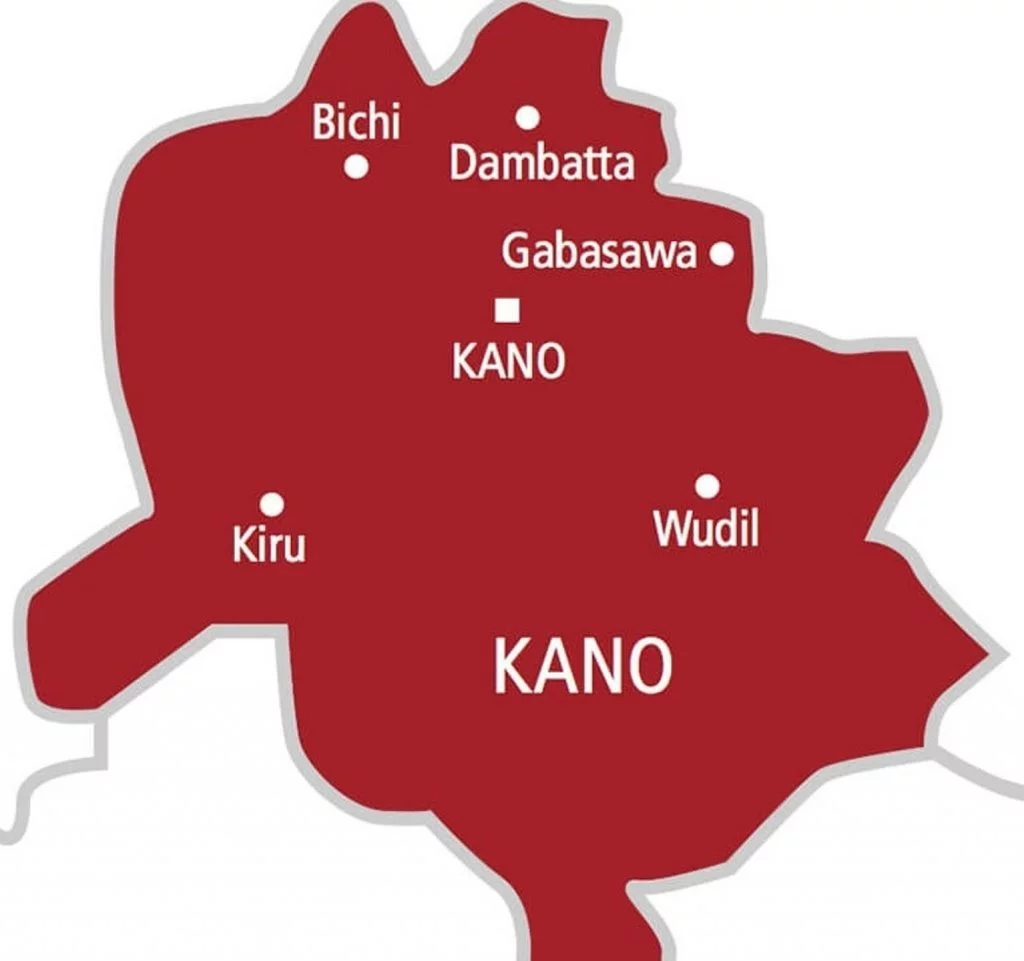Residents of several neighborhoods in Kano are facing rising health concerns following confirmation of poisonous air quality levels across parts of the city. The Kano State Government, through the Ministry of Environment and Climate Change, has issued an urgent public health alert based on findings from its weekly environmental monitoring.
The report, covering May 26 to May 30, revealed unsafe levels of air pollution in Gaida, Ja’en, Sabon Titi, and Sharada Market, spanning across Kano Municipal and Kumbotso Local Government Areas. The government warned that the affected areas pose serious health risks to residents due to toxic air conditions.
> “The further loss of air quality may contribute to the spread of respiratory illnesses and other diseases associated with pollution,” the report stated.
Dr. Dahir M. Hashim, the Commissioner for Environment and Climate Change, disclosed the report via his official Facebook page. He urged citizens to join the government in protecting the environment, stressing that “environmental stewardship is a collective responsibility.”
He also expressed grave concern over the rapid rate of environmental degradation in the state and noted that the government is considering next steps to mitigate the crisis. Planned interventions include environmental response measures in all the identified areas.
Residents Report Surge in Respiratory Illnesses
Field investigations by Alphanewsng confirmed the state government’s findings, with residents reporting an increase in respiratory infections, persistent coughing, and general discomfort — especially among children and the elderly.
In Ja’en, resident Ibrahim Sulaiman voiced his alarm:
> “I’m not surprised. We live near an industrial zone. These companies release strong odors and chemical substances, especially at night. My neighbor has been coughing for nearly two weeks, and now his whole family is ill.”
Similarly, in Gaida, Shamsu Tijjani, a tuberculosis survivor, lamented the worsening living conditions:
> “We may not have the tools to measure air quality, but we feel the effects. The area is overcrowded with poor urban planning. Even basic infrastructure is compromised.”
Residents across the affected neighborhoods are calling for urgent intervention from environmental regulators and health authorities. Many fear that continued inaction could lead to long-term health consequences and a decline in the overall livability of the state capital.
PM2.5 Levels Linked to Health Hazards
As of June 3, 2025, air quality in Kano is rated “Moderate” with an Air Quality Index (AQI) of 79, according to IQAir. The primary pollutant is PM2.5 — fine particulate matter measuring less than 2.5 micrometers in diameter — recorded at 24.2 µg/m³.
These particles are particularly dangerous because they can penetrate deep into the lungs and bloodstream, increasing the risk of asthma, lung cancer, heart disease, and even neurological disorders.
Professor Isa Abubakar, a consultant physician at Aminu Kano Teaching Hospital, emphasized the risks:
> “Air pollution can lead to asthma attacks, lung cancer, and even neurological diseases like Parkinson’s and Alzheimer’s. If people can, they should relocate or reduce time spent outdoors. Wearing masks can offer some protection.”
He added that government enforcement of environmental regulations is essential to preventing further degradation and protecting public health.

